Does Economics Offer A Solution To The Crimean Crisis?
July 7, 2014 in Daily Bulletin
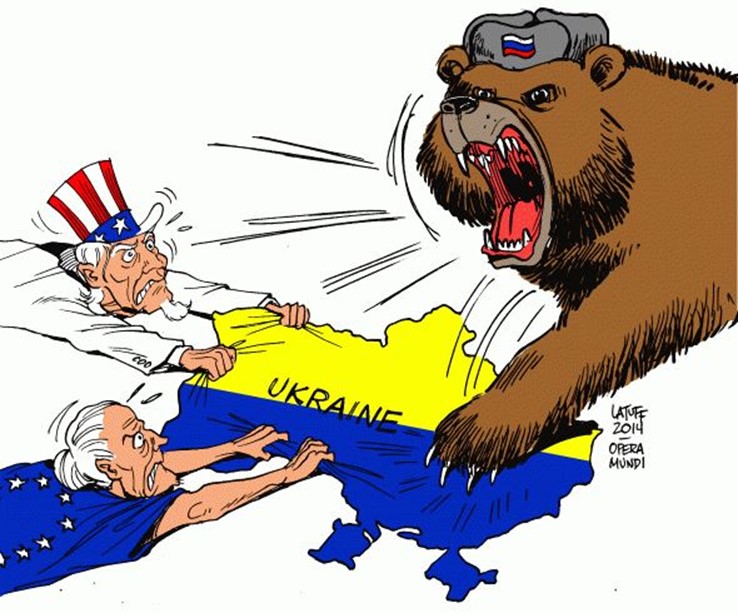
Soon after Ukraine’s protestors overthrew the ruling pro-Russian government, Russian forces essentially annexed the Ukrainian peninsula of Crimea. Tensions remain high but Rajiv J. Chaudhri believes he has a solution to the crisis:
- The United States should have just convinced Ukraine to sell Crimea to Russia for, say, $100 billion.
- Russia would likely have accepted – $100 billion isn’t much for them – and they’ve already lost about $50 billion through capital flight anyway as a result of the current crisis.
- Putin would also likely have gone for this as it would remove the threat of international sanctions, and the initiative would probably have paid for itself through gas exports to Ukraine.
- Ukraine would have accepted too – its economy is in crisis and it needs at least $15 billion a year in aid just to function.
- The international community would also support it, and would probably be relieved that it wouldn’t have to put up the cash to tide Ukraine through its difficult times.
Read more about the idea, how it would work, why all parties would agree to it, and how it can still be operationalized over here.
Source: Quartz



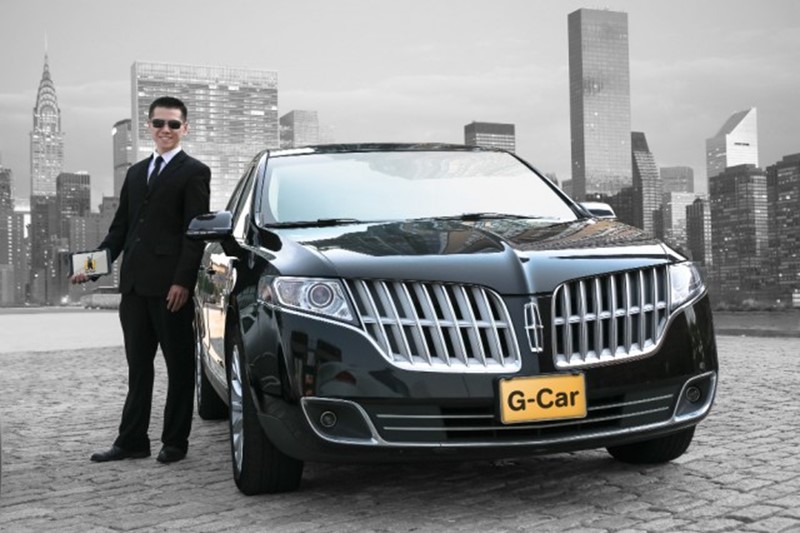

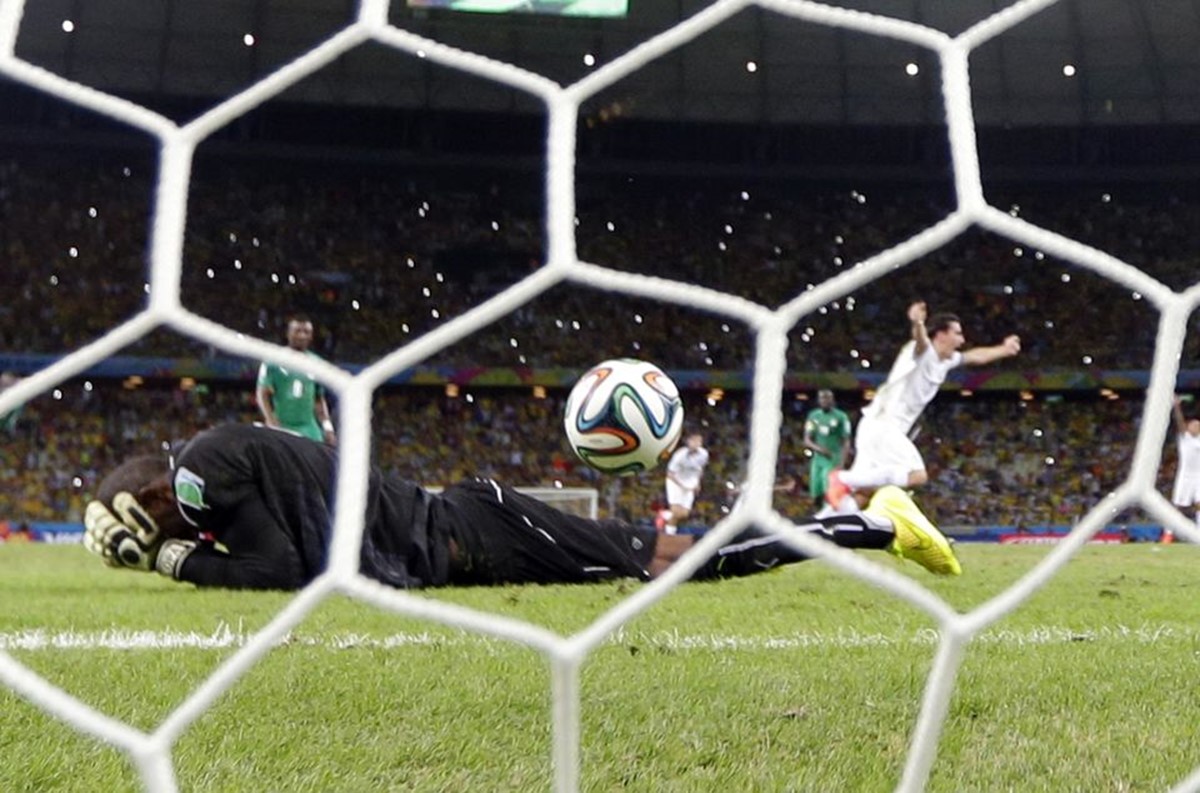
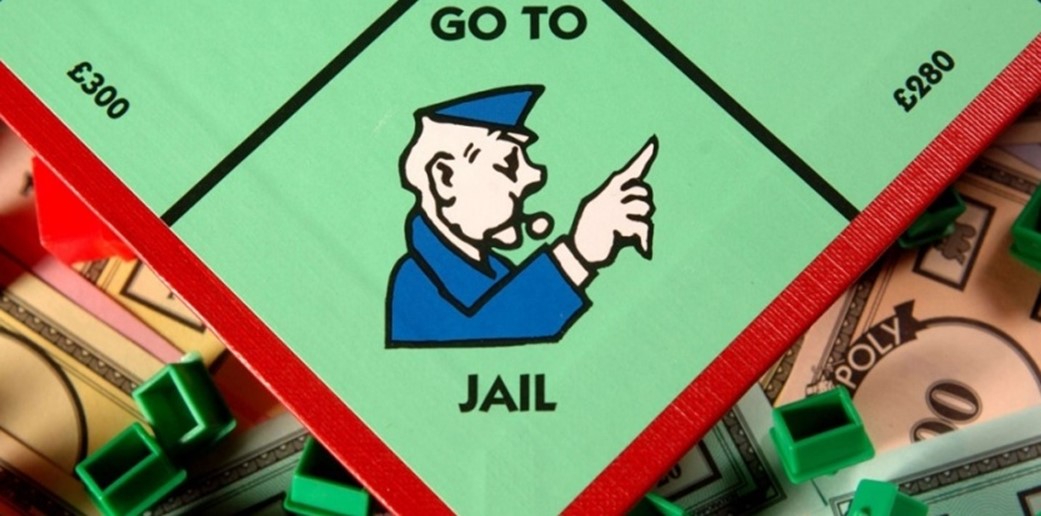
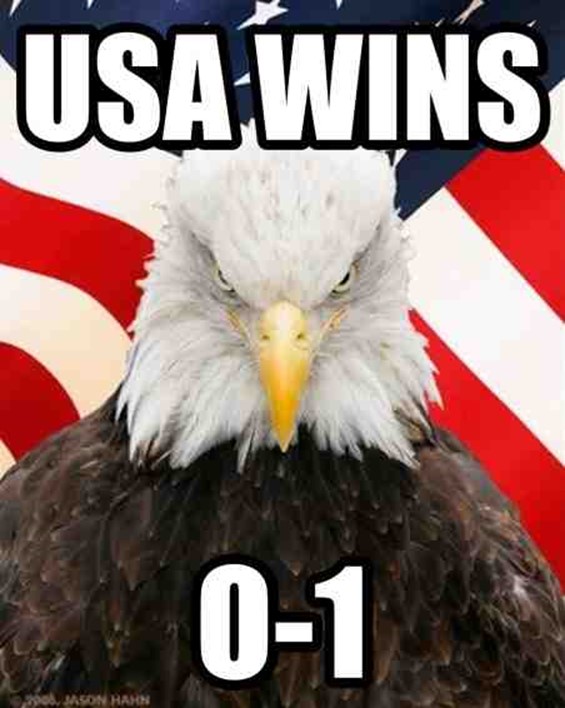
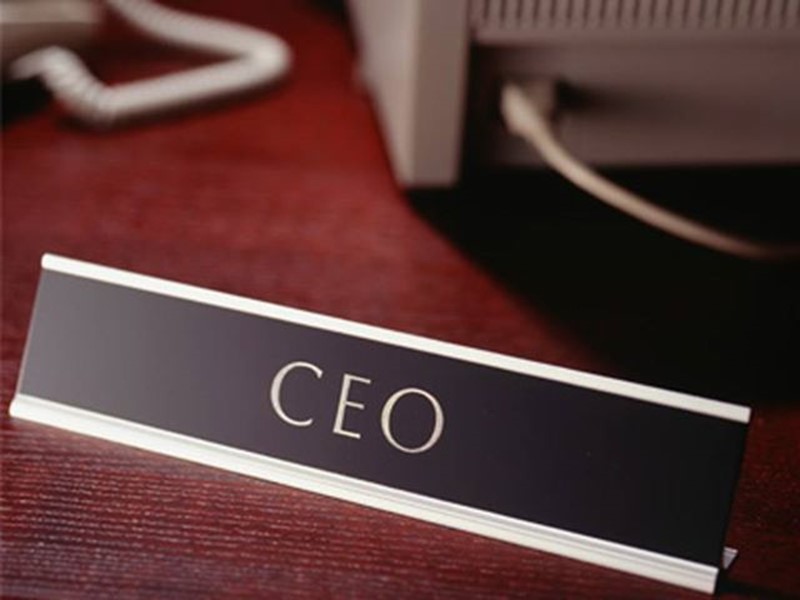
Join the Discussion! (No Signup Required)